any remedies for sunburn???
teengardener86
19 years ago
Related Stories
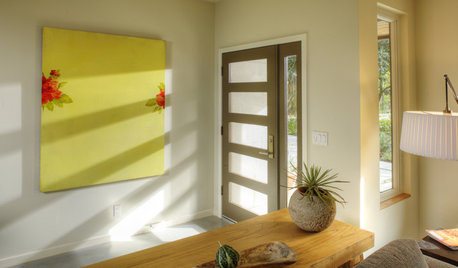
DECORATING GUIDESSmart Solutions for Nonexistent Entryways
Barely enough space to hang your hat? Front door swings past your living room couch? These remedies are for you
Full Story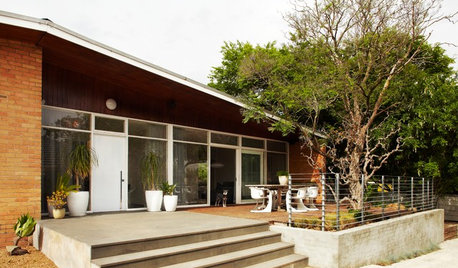
GARDENING AND LANDSCAPINGTake Back Your Front Yard: 8 Ways to Make It Social
If only trees and squirrels gather in your front yard, you're missing out on valuable socializing space. Here's how to remedy that
Full Story
REMODELING GUIDES5 Ways to Protect Yourself When Buying a Fixer-Upper
Hidden hazards can derail your dream of scoring a great deal. Before you plunk down any cash, sit down with this
Full Story
HOUSEPLANTSHow to Grow Orchids Indoors
Orchids are the exotic aristocrats of the flower world and can make themselves comfortable in almost any home
Full Story
GARDENING GUIDESGreat Design Plant: Kumquats for a Juiced-Up Winter
Grow it for the edible fruit or its good looks alone. This citrus cousin will brighten any gray winter day
Full Story
KITCHEN COUNTERTOPSKitchen Counters: Concrete, the Nearly Indestructible Option
Infinitely customizable and with an amazingly long life span, concrete countertops are an excellent option for any kitchen
Full Story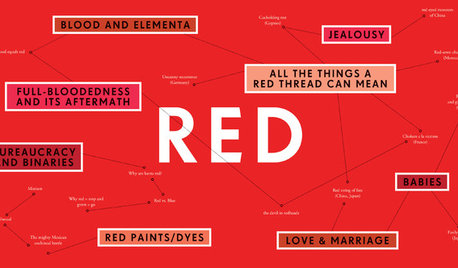
COLORWhy My Son’s Room Will Be Red: An Expert Weighs In on Colors for Baby
Historical facts, trend recaps and enthusiastic support for painting your nursery any darn color you like
Full Story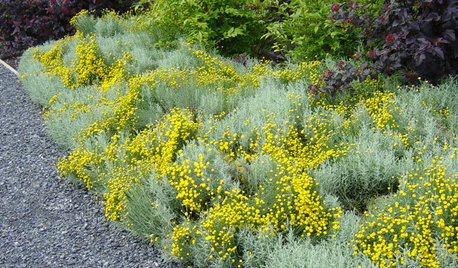
SUMMER GARDENINGGreat Design Plant: Lavender Cotton
Sun-loving santolina can take the summer heat, brightening up any garden style with bursts of yellow blossoms
Full Story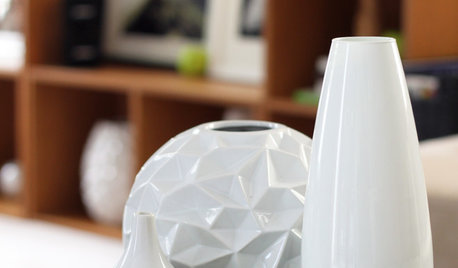
White Vases Hold Secret Touch
Rooms missing that designer look? A few white vases on a table, console or shelf can work wonders
Full Story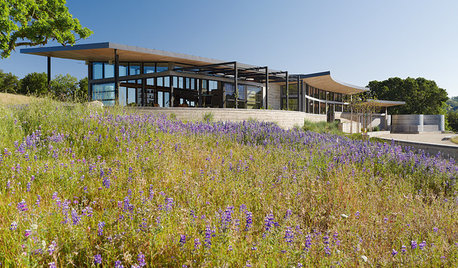
GREEN BUILDINGModern Design Captures Valuable Rain
Instead of letting a precious natural resource trickle away, these architectural features make the most of it
Full StoryMore Discussions






Daisyduckworth
andy_sa
Related Professionals
Ferndale Landscape Architects & Landscape Designers · Horsham Landscape Architects & Landscape Designers · Peabody Landscape Contractors · East Hanover Landscape Contractors · Gainesville Landscape Contractors · Ramsey Landscape Contractors · Arlington Carpenters · Deerfield Beach Carpenters · Ferndale Carpenters · North Miami Beach Carpenters · Round Rock Carpenters · San Marcos Carpenters · Wentzville Carpenters · Brentwood Roofing & Gutters · Rome Roofing & Guttersbushpoet
teengardener86Original Author
Hapslappy
Traute_Biogardener
paganpoet
thorspippi
Traute_Biogardener
murphyl
lis214
medontdo
hemnancy
rusty_blackhaw
apollog
rusty_blackhaw
rusty_blackhaw
apollog
rusty_blackhaw
oakleif